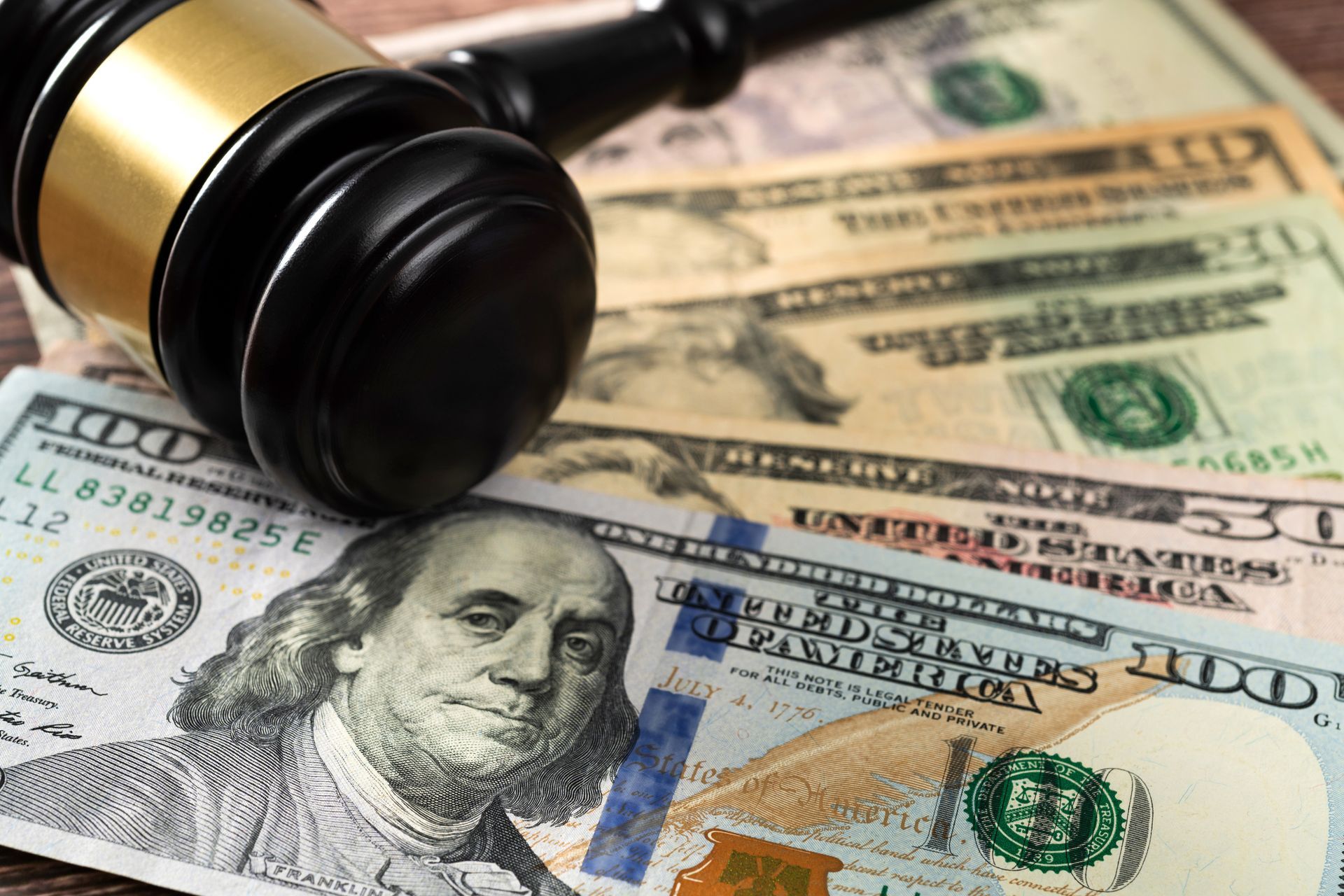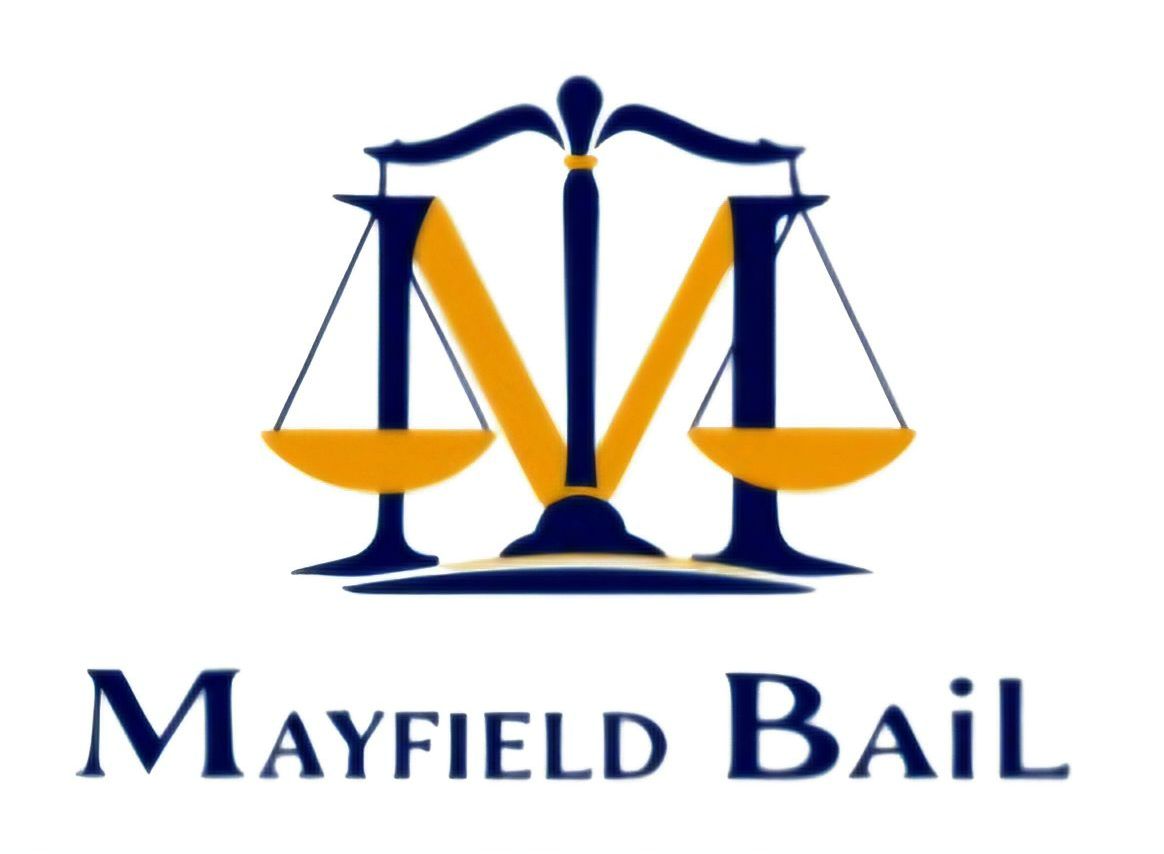Collateral and Bail Bonds: What You Need to Know
If you’re helping someone post bail through a bail bondsman, you may be asked to provide collateral. For many people, this part of the process is unfamiliar and a little intimidating. Don’t worry — we’re here to explain exactly how collateral works, why it's sometimes needed, and how to protect yourself in the process.
What Is Collateral in a Bail Bond?
Collateral is something of value that is pledged to secure the bail bond. It acts as a financial safety net for the bail bond company in case the defendant fails to appear in court. If the defendant skips bail and cannot be located, the bail bond company may use the collateral to cover the full bail amount they paid to the court.
Why Is Collateral Required?
Collateral isn’t always required, but it is more likely in situations where:
- The bail amount is high
- The defendant is considered a flight risk
- The co-signer has limited financial history
- The bail bond agency has concerns about the defendant’s reliability
Collateral gives the bail bond company confidence that they won’t suffer a loss if things go wrong.
Common Types of Collateral
- Real Estate
Homes, land, or property deeds — this is one of the most valuable and commonly used forms of collateral. - Vehicles
Cars, motorcycles, boats, or RVs with a clear title can be used as collateral. - Jewelry or Valuables
High-value items like watches, gold, or rare collectibles may be accepted. - Bank Accounts or Investments
In some cases, savings accounts, stocks, or bonds can serve as collateral. - Credit Cards
Some agencies may accept a hold or charge on a credit card as a form of security.
What Happens to My Collateral?
If the defendant appears in court and meets all their obligations, the collateral is returned in full once the case is resolved — regardless of the outcome.
However, if the defendant fails to appear in court, the bail bond agency may:
- Hire a bounty hunter to locate and return the defendant
- Take legal action to seize and sell the collateral
- Require the co-signer to pay the full bail amount
Tips Before Offering Collateral
- Ask Questions – Make sure you understand the terms before agreeing to anything.
- Read the Fine Print – Never sign a contract you don’t fully understand.
- Keep Records – Maintain a copy of the collateral agreement and any receipts.
- Stay Involved – Follow up with your loved one to ensure they attend court dates.
Final Thoughts
Collateral can be a helpful tool in securing a loved one’s release, but it comes with responsibility. At [Your Bail Company Name], we explain everything clearly and treat your property with the respect it deserves. Our goal is to help you navigate the process safely and with peace of mind.










